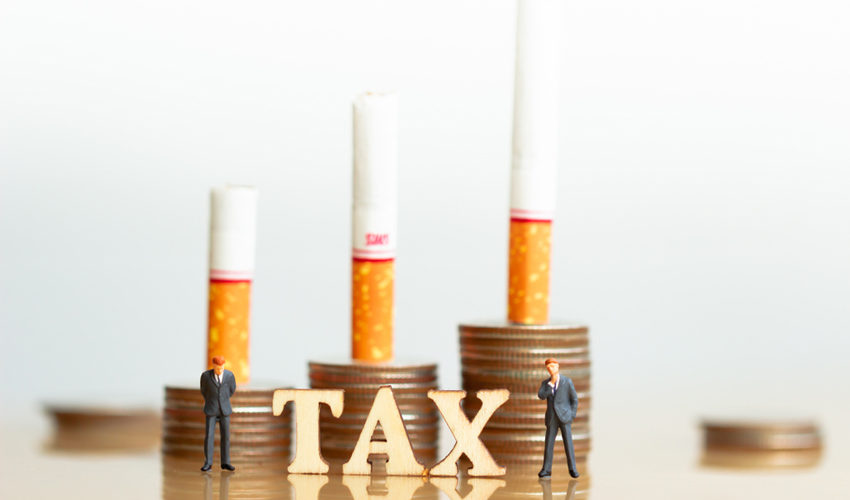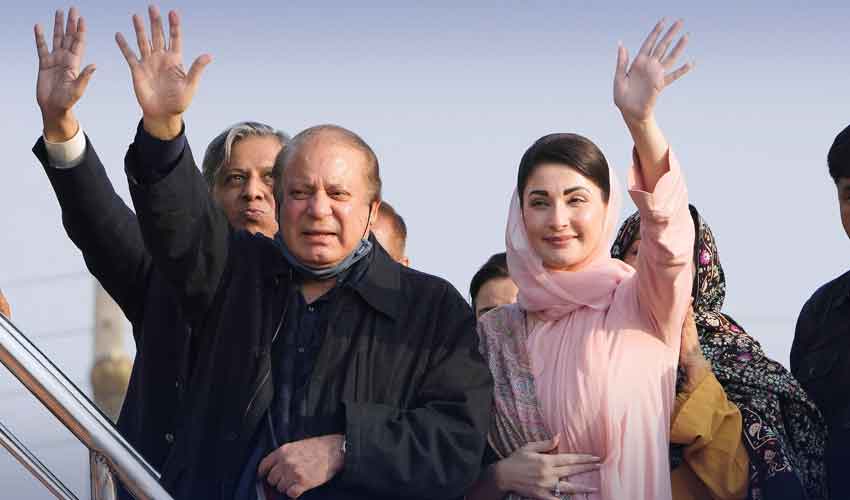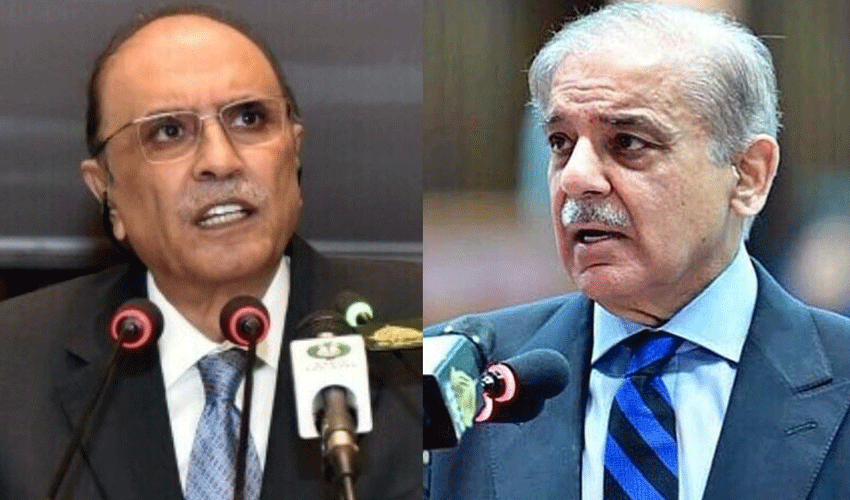The Society for the Protection of the Rights of the Child (SPARC) has urged the government to reduce the health cost burden by increasing taxes on cigarettes.
Tobacco use, particularly smoking, is linked to a plethora of health issues, including lung cancer, heart disease, stroke, respiratory diseases, and various other cancers. Smoking-related illnesses and deaths cost Pakistan 1.6% of its GDP annually. The earlier individuals start smoking, the higher their risk of developing these health problems later in life.
Malik Imran Ahmad, Country Head Campaign for Tobacco-Free Kids (CTFK), said that smoking-related illnesses cost a significant portion of the economy for their treatment. One effective strategy to discourage tobacco use and to save our youth and healthcare systems, as well as the economy, is to increase taxes on cigarettes.
He urged for a 26.6% FED increase on cigarettes in 2024, which can recover 19.8% of healthcare costs spent on smoking-related diseases. The government needs to immediately increase cigarette taxes in the federal budget 2024-25 to earn an additional 17 billion in revenue.
Ahmad further discussed that studies have shown that higher prices are cost barriers that lead to decreased tobacco consumption, especially among youth and low-income individuals. By making cigarettes more expensive, higher taxes can deter young people from initiating smoking.
Moreover, the revenue generated from tobacco taxes can be used for improved public health initiatives and healthcare services, further contributing to efforts to discourage tobacco use and mitigate its harmful effects on society.
Dr. Khalil Ahmad Dogar, Program Manager at SPARC, said youth are more price-sensitive than adults, so increases in cigarette prices can have a significant impact on their decision-making regarding tobacco use.
He stated that research has consistently shown that raising tobacco taxes is one of the most effective ways to reduce smoking rates. Lower smoking rates result in improved public health outcomes, including a reduced incidence of smoking-related diseases and premature deaths.
Dr. Khalil emphasized that discouraging tobacco use among youth is critical for safeguarding public health, and increasing taxes on cigarettes is a proven strategy to achieve this goal while also generating revenue for public health programs.



























